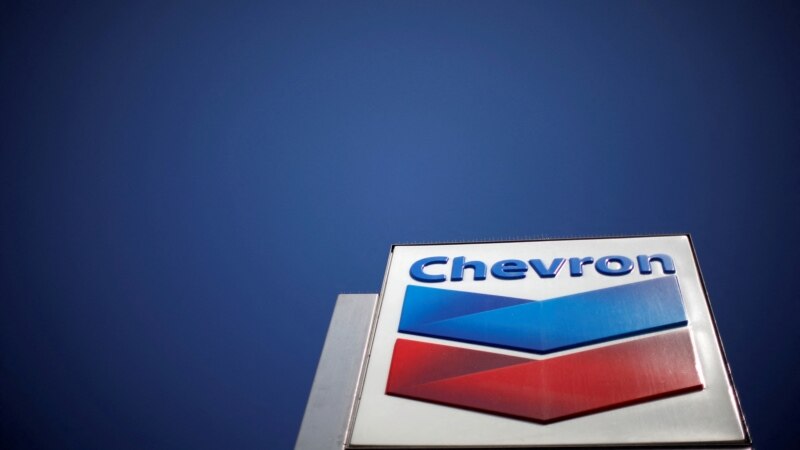
Some of the revenue from US oil company Chevron’s crude exports is now an additional source of hard currency in Venezuela’s foreign exchange market, three sources familiar with the matter said.
Chevron began exporting to the United States this year after the Treasury Department reviewed the company’s license to revive crude production. Its external sales in April amounted to 148,000 barrels per day.
Of the income from exports, the oil company sells a portion in the exchange market to obtain bolivars, the local currency, and thus comply with some commitments in taxes, projects, among others, said two of the sources, at a time when the Government continues with the strategy of keeping the exchange rate stable to contain inflation.
“Chevron has to meet its commitments in bolívares…it needs resources in Venezuela so that production in its fields increases,” said Asdrúbal Oliveros, an economist and director of local firm Ecoanalítica.
Since February, the oil company has offered between 20 million and 30 million dollars a week at the exchange tables managed by local private banks, the sources added.
“We continue to conduct our business in compliance with all laws and regulations, as well as the sanctions framework provided by the United States Office of Foreign Assets Control,” Chevron said in response to a request for comment. “Our focus is to support safe and reliable operations.”
Private banks run exchange tables where individuals and companies buy and sell dollars and whose amounts are not specified. Additionally, the Central Bank of Venezuela (BCV) places dollars in cash in banks, which are largely of oil origin, and which are then offered to industries.
The weekly placements of the Venezuelan issuer range between 40 million and 50 million dollars, according to estimates by the local consultancy Síntesis Financiera.
“Chevron will continue to be a stabilizing factor if it continues to cover 20% of the demand for foreign currency that banks serve, and it will surely ease the intervention burden for the BCV,” said the firm Síntesis Financiera in a report.
The central bank did not respond to a request for comment.
In an attempt to curb inflation, in the midst of de facto dollarization, the Government has applied a strategy that consists of injecting dollars to stabilize the exchange rate, cut public spending and restrict credit.
The strategy showed cracks between the end of 2022 and March of this year because the currencies offered by the Venezuelan issuer were insufficient for demand. But the authorities will not modify the exchange rate anchor policy, said the sources consulted.
Annual inflation in Venezuela was 500% as of March, according to the Venezuelan Finance Observatory.
The need for more foreign currency to maintain the exchange rate and guarantee spending ahead of the 2024 elections have been among the reasons for cracking down on corruption at PDVSA, sources said in March.
The revision of the sanctions is the main bargaining chip of the United States in its efforts to motivate the government of Nicolás Maduro to return to talks with the country’s opposition to hold free elections.
Connect with the Voice of America! Subscribe to our channel Youtube and activate notifications, or follow us on social networks: Facebook, Twitter and Instagram.






![[Img #74661]](https://thelatestnews.world/wp-content/uploads/2024/12/The-power-of-ultrasound-150x150.jpg)






